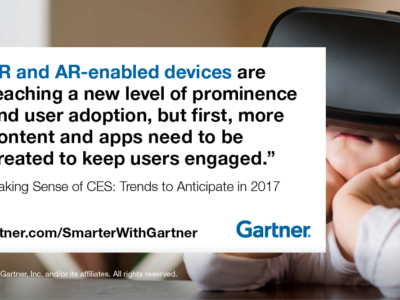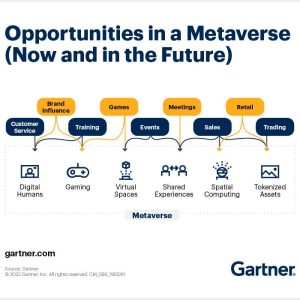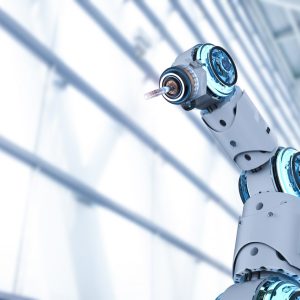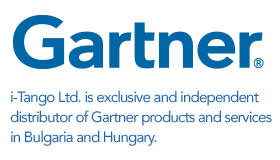CIOs take note of a future where algorithmic business goes autonomous.
Contributor: Jo Bennett
How would you respond if someone were to ask you what your business needs to stay competitive? Leading-edge products and services? Better customer data? More talent in the workforce?
Steve Prentice, vice president and Gartner Fellow, wants you to start thinking about a trend that’s become increasingly pivotal for businesses in every industry: “Algorithms are becoming competitive weapons.”
During Gartner CIO Leadership Forum in London, he pointed to Amazon’s recommendation engine and Google’s PageRank as a couple of the many examples of the spectrum of transformative business models — and competitive differentiation — that algorithms have made possible.
A way to think about algorithms is that they “encapsulate and package your business’s intellectual property, knowledge and insight in a reusable form,” offered Mr. Prentice. Algorithms are at work when you turn on your vehicle’s cruise control and, despite peaks and valleys on the road, it graciously maintains a constant speed.
Algorithmic business
Algorithmic business is about creating business value by applying algorithms to data. “It drives speed and scale in digital business through the economics of connections,” explained Mr. Prentice.
Algorithmic business combines the proliferation of physical-world and virtual sensors (the latter which capture, for example, Web search activity — so Facebook might serve up an ad for organic puppy food based on your browsing history) with more-powerful analytics tools and processing hardware. This combination of easily accessible tools brings algorithmic business within the reach of more businesses.
Autonomous business
It’s easy to assume that algorithmic business and automation go hand in hand, noted Mr. Prentice. But most algorithms that are in wide use today directly or implicitly operate under the direct responsibility of humans who are in control of the analytical process or task outcome. Algorithms only kick in to maintain your car’s speed, based on what it senses about the environment, when you turn on cruise control. You can turn off cruise control whenever you want.
“Autonomy is where algorithmic business gets really intriguing — and becomes the next big challenge for CIOs and business leaders,” said Mr. Prentice. He described how algorithmic business has three building blocks, or functional roles:
- Advisors, where guidance is provided based on data inputs and encoded knowledge — for example, Apple’s Siri virtual assistant or Amazon’s recommendation engine.
- Agents, where actions are initiated based on encoded knowledge and data inputs — for example, airbag deployment systems or autonomous (self-driving) vehicles.
- Entities, where actions are initiated based on encoded knowledge and data inputs, but without human oversight.
No examples are shown for entities because, said Mr. Prentice, they aren’t yet allowed (and are “philosophically challenging.”) Fully autonomous business, where systems go beyond acting as proxies for people or businesses, set their own goals and operate in a truly autonomous manner, present legal and regulatory challenges. Who is responsible or bears liability if a law is violated or somebody is hurt as a result of an autonomous system?
Mr. Prentice shared an interesting precedent in this progression of algorithmic business: In October 2015, the CEO of Volvo Cars said that the company will accept full liability whenever one of its cars is in autonomous mode (a move now being followed by other manufacturers).
The digitalization challenge
How might a competitor not just challenge you, but create digital disruption that could whisk away your customers? As business becomes increasingly digitalized across every industry and sector, this is a question that Mr. Prentice said you should consider.
His advice: “CIOs and business leaders must aggressively pursue the technical capabilities necessary to drive algorithmic and autonomous business initiatives within their enterprises.”
Gartner clients can read more about autonomous and algorithmic business in the report Defining Algorithmic Business by Steve Prentice.
CIOs can learn more at the Gartner CIO & IT Executive Summits taking place June 6-7 in Munich, Germany and June 14-16 in Toronto, Canada. Follow news and updates from the events on Twitter at #GartnerCIO.
For more visit Smarter With Gartner website.










